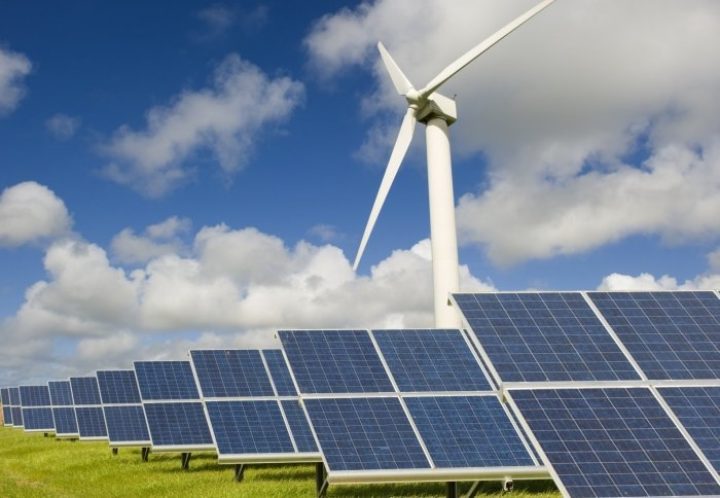Negative interest rates: music to the Government's ears?
Cheap money has been around for years, but this could be the jolt that changes the Government's tune
By Jonny Marshall
Share
Last updated:
There is no shortage of news in today’s mixed up world, and while our lives have been refocussed through a new lens over the past couple of months, some things are still able to cause a shock.
One big change is a rethink of how involved the state will be in all of our lives, and another how it will pay for both the costs of pausing the economy and of getting it back on its feet - whatever form that may take.
While private capital continues to underpin vast swathes of the transition to a low carbon economy, the coronavirus crisis has again highlighted the power of the state, and how it can act to shape all of our lives.
On the morning of Wednesday May 20th, an auction for UK Government bonds – investments made by money managers that underpin state spending – cleared at a negative interest rate. As a result, the UK will borrow £3.75bn until 2023, and be paid to do so.
And with some focus shifting towards policies that stimulate a recovery from the current crisis, building up to a mid-June speech from the Prime Minister on rebooting the economy, the events of a sunny morning in May will likely be more wide-ranging than first seemed.
Cash abound

Bond rates turning negative make one thing crystal clear; that there is no shortage of cash kicking around and that investors are trying to find a home for it. Bids totalling more than £8 billion were received for the auction, covering the total allocation more than two-fold.
By accepting a negative return over three years, money managers and pension funds are offering the Government a medium-term cash injection that is without historic precedent.
And for a Government vocal about taking a more hands-on approach to upgrading national infrastructure, as well as getting the UK back on track to meet national emissions targets, it could prove an utter blessing.
With progress through the much-vaulted ‘three stages’ of recovery seemingly underway, headlines that dispel the centuries-old notion that there is a cost to borrowing money could help turbocharge plans to get the UK back on its feet.
Rebuild
There has been no shortage of calls to ensure that the UK’s recovery is ‘green’.
Government advisors, international think tanks, industry bodies, leading economists, and countless others have called for bailouts and rescue packages to come with environmental conditions, and for policies designed to stimulate the economy to focus on those that will bring the Net Zero emissions goal within reach.
It is the second of these - the effective channeling of state cash - that being paid to borrow money will change.
With suggestions such as investing more in broadband, building efficiency, and schemes to promote industrial decarbonisation out in the open, as well as a rapid overhaul of urban transport that is already underway, uneasiness over how these will be paid for will now likely hold less weight.
There are countless other potential infrastructure upgrades heavily dependent on the cost of borrowing, from beefing up the electricity system so it can power our cars and keep us warm at home, to funding research in clean aviation that could see British-designed electric planes carrying families on short-haul holidays without warming the planet.
State investment in nuclear power stations would slash construction costs and reduce the cost difference to wind and solar, Government-funded railway upgrades could help with increased public transport uptake outside of metropolitan areas, and the costs associated with reforesting our nation will all be stymied if the cost of borrowing remains at or below zero.
Competing

The extent to which gilt auctions are oversubscribed also bodes well for other investments with high up-front costs. Analysts have pointed to reliable and dependable returns from wind and solar power – a result of good policymaking – as a safe haven for cash.
More money looking for a home means more competition to lend to developers, and ultimately to lower project costs and cheaper energy bills. With renewables already the cheapest way of adding capacity to our power system, the future for fossil-fuel powered plant looks even less rosy.
Having suffered a dreadful 2020-to-date, long-term investors such as pension funds will be looking to future proof investments. By backing projects, companies and industries that are in-line with the shift to a carbon-free life, at least one risk of investments turning sour should be removed.
A greater supply of funding for clean power, transport, industry, and more will directly lead to lower borrowing costs. For projects the Johnson Government is expecting that the private sector will pick-up – from EVs and micromobility to nuclear fusion – this is again good news.
The coronavirus crisis has turned many aspects of life upside down. While it’s far too early to say which of these changes will stick around and which will be forgotten, there seems to be a clear rationale behind making the most of any opportunities that do arise from the darkness.
Share